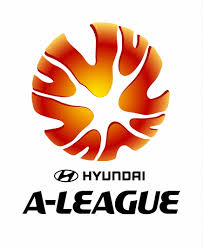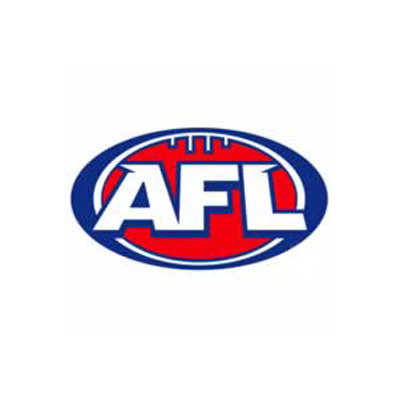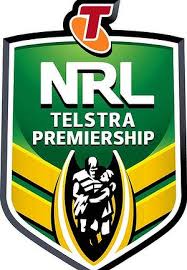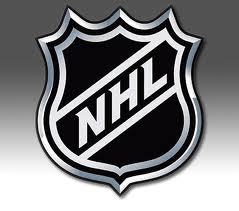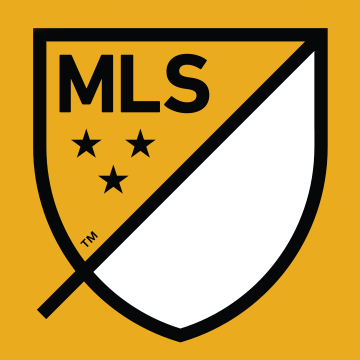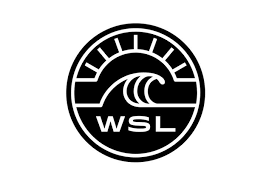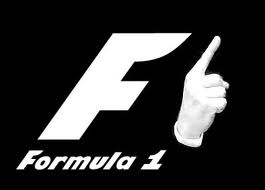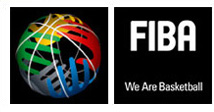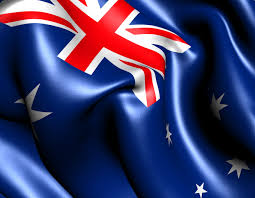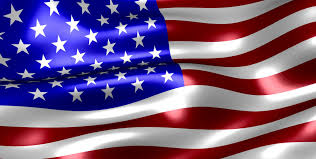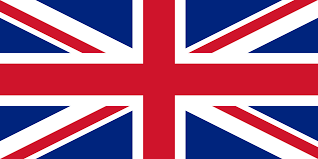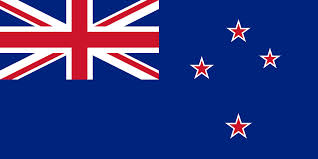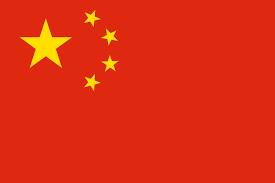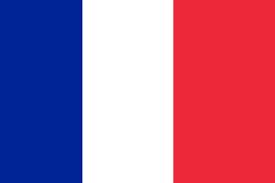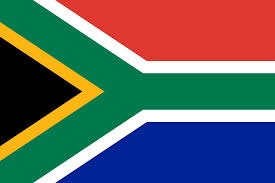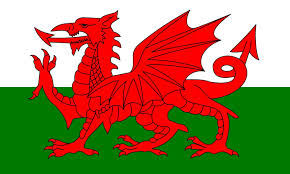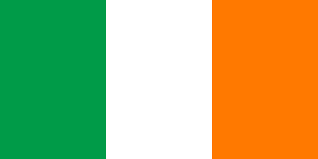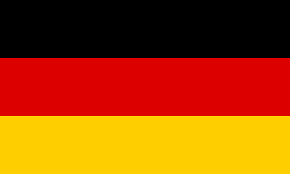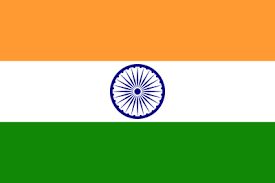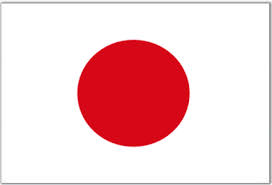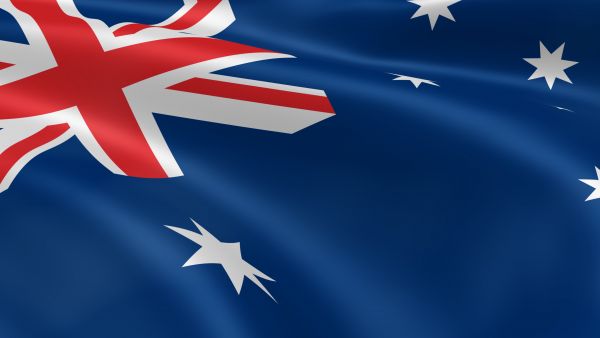International Baseball Federation (Baseball)
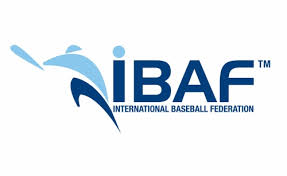 |
Latest News & Results
THE HISTORY OF IBAF
At the end of his playing career, Leslie Mann didn't feel at home in the world of professional baseball. He wanted to chase his Olympic dream and make the game international. After he met the delegates of 21 countries at the 1936 Olympics in Berlin, the International Baseball Federation was born
The game of baseball was played all over northern and central America and in Japan well before the end of the 19th century. SEE THE ORIGINS OF BASEBALL
In the United States of America baseball had been a game for professionals since the start and the 1903 season ended with the first ever World Series. Professionals, in a tour organized by former player and sport manufacturer A.G. Spalding, had visited many european countries.
Baseball has chased an Olympic Dream from the early 20th century. This goal helped the game become truly international.
It was in fact during the 1936 Olympics that the International Federation was founded.
After he retired as a Major League player, Leslie Mann committed to the cause of International Baseball. He knew that in 1926 the Central American and Caribbean Series had started and that the game he loved was enjoying growing interest in Japan. He also knew that the President of the United States Olympic Committee Avery Brundage was a firm believer in the idea that there was no such thing as an amateur baseball player. And he was also well aware of the Olympic rules, that did not allow professionals to compete in the Games. With the support of the Lousville Slugger bat manufacturers, Mann founded the United States Baseball Congress, but failed to get baseball on the program of the 1932 Olympics. Heinsisted. In 1935 he organized a 20 game tour ofJapan for an American amateur team and made Adolf Hitler curious about the game. The Major Leagues at first supported the idea of an exhibition at the 1936 Games in Berlin then, as the relations between the USA and Germany deteriorated, withdrew their support. Mann didn’t give up. At his own expense, he put together 2 teams (World Champions and US Olympics) that played in front of a 92,565 spectator crowd (including Hitler himself, sitting in the right field foul territory) in Berlin.
In Germany Mann had met the delegates of the 21 countries participating in the Olympics. He proposed the idea of an International Baseball Federation, to which England, France, Canada, Hawaii (not yet a U.S. territory) and Cuba responded with enthusiasm. In1937, Hawaii participated in a baseball tournament (together with France and The Netherlands) at the Paris World Exhibition. The Netherlands won. In 1938 Canadian delegate John Leslie wrote the articles of partnership and the International Baseball Federation (IBF)was born. Mexico, Spain, Egypt, China, Japan, Peru, Philippines, Belgium, The Netherlands and Germany joined the original members, making it a 16 country organization.
Mann was in the process of selecting a United States team to participate in the 1940 Olympics in Tokyo. A 9 team baseball tournament was on the program. He wanted his team to compete internationally and he got in the touch with the British National Baseball Association, supported by businessman John Moores. They agreed on playing a series in August 1938 in Liverpool, Hull,Rochdale, Halifax and Leeds.England (with a team made of pros competing in the Yorkshire Lancashire League) won the series 4-1 and John Moores decided to celebrate the victory donating a trophy. The series was thus renamed ‘The John Moores Tropy’.
One year later, as Mann reached an agreement with Colonel Jaime Mariné, the President of the Direcion de Deportes in Cuba, to play an international tournament in La Habana, the 5 games played in 1938 were considered the first edition of the Amateur World Series.
Marinè succeeded Mann as the President of the IBF during the 1940 Amateur World Series. He renamed them Copa Presidente Batista (instead of 'John Moores Trophy') after the dominican dictator and left the chair to Jorge Reyes of Mexico in 1944. The new President changed the name of the organization into Federaciòn Internacional Béisbol Amateur (FIBA).
By then the Amateur World Series had become a central american and caribbean tournament, furthermore in the area they were overshadowed by the Serie Interamericana, that would later develop in the Caribbean World Series, and by the Pan American Games, that opened in 1951 in Buenos Aires with baseball on the program. Furthermore, developing european countries had formed their own Continental Confederation and organized (1954) a European Championship. The Europeans seemed more interested in the Global World Series organized by the National Baseball Congress in the USA, then by FIBA activity. In fact, in 1955 the Champions of Europe (Spain) participated in the tournament.
When the Amateur World Series didn't happen after the 1953 edition, it looked like the end of it.
In 1952 the Helsinky Olympics had hosted a demonstration of finnish baseball. Also in 1952 FIBA had elected Carlos Manuel Zecca of Costa Rica as their new President. Don Zecca agreed to change the organization’s Statutes, following the directives of the International Olympic Commitee (IOC). He succeeded in getting baseball to the 1956 Melbourne Olympics, where a US team made of military personnel played (in front of 100,000 spectators) against a selection of Western Australia. Zecca was very active: he launched a Mundial Juvenil (players of age 18and under) and was involved in the Little League World Series. He was also informed of the return of the United States to International baseball, since the coach of the University of Southern California Rod Dedeaux had taken a team to Japan for a series. Zecca resumed theAmateur World Series in 1961. The same year, the National Commission of American Baseball was born. The bold move proved essential: American baseball finally had an organization that could deal with the world of amateur sports. This postponed to 1965 the next edition of theAmateur World Series, but helped baseball in getting back to the Olympics. Rod Dedeaux fielded in 1964 a talented team and played againstJapan at the Tokyo Games in front of 50,000 fans.
The United States were ready to get back to the Amateur World Series and they did it in 1969 in the Dominican Republic.
By the time, Juan Isa of the Netherland Antilles had succeeded Zecca. Isa was instrumental, thanks to his relations with The Netherlands andItaly, to involve Europeans in the Amateur World Series. In 1970 Italy and The Netherlands joined the tournament, that was soon to become a real world competition. Canada represented North America together with the USA and in 1972 Japan was part of it too.
The 1972 edition of the Amateur World Series was a 16 team tournament hosted by Nicaragua and definitely made history.
At the end of the competition FIBA accused the organizers of diverting funds. The 1973 Congress suspended Nicaragua for one year, taking a decision that was not supported by European and North American countries. Gaston Panaye of Belgium wrote: “FIBA only considers the Central and Latin American Countries. We need an organization that also represents North America, Europe and Asia”.
The Federacion Mundial de Béisbol Amateur (FEMBA) was born on September 8 1973 and Dutch Fehring (United States) became the first President. The FEMBA organized in Italy the first Intercontinental Cup and in Nicaragua the first World Championship, while Cuba hosted the 21stAmateur World Series. In 1974 Fehring left the seat of FEMBA president to Carlos Garcia (Nicaragua).
FIBA was still the only international baseball organization recognized by the IOC.
On behalf of FEMBA, Major League Baseball Commissioner Bowie Kuhn met the IOC President Lord Killenin and understood thatbaseball was never going to be an Olympic sport, if the 2 Federations did not join efforts.
In January 1976 the 2 organization merged in the Associaciòn Internacional Béisbol Amateur (AINBA). Manuel Gonzalez Guerra ofCuba was elected President, Carlos Garcia Executive Vice President and Bruno Beneck of Italy Vice President.
AINBA took the World Championship for the first time outside the Americas. The 1978 edition was played in Italy. The United Statesfielded a collegiate team and the delegation was led by the President of the United States Baseball Federation Robert Smith, a former coach and a College teacher. When it was made clear that Los Angeles was going to host the 1984 Olympic Games, it was also obvious to AINBA leaders that they needed a support in the United States. As Peter O’Malley and the Los Angeles Dodgers stepped forward and organized an AINBA extraordinary Congress in Los Angeles (1979), Smith immediately gained the spotlight. He was named chairman of the AINBA Olympic Committee.
Juan Garcia had in the meantime started campaigning for the AINBA presidential chair and all the odds were in his favor, as AINBA called the elections during the 1980World Championship in Tokyo. But Garcia never got to the Congress. The Sandinista Government accused him of being a member of the ‘Contras’ (Garcia was a detective of the Guardia Nacional, during the time of Anastasio Somoza as a President of Nicaragua), arrested him and sentenced him to 10 years of prison.
The AINBA Congress elected Garcia anyway. Robert Smith was elected Vice President and acting President.
After Smith successfully managed to get baseball on the 1984 Olympics program as a demonstration sport, he was confirmed at the Congress in 1984 in La Habana, after which he changed the name of the organization into International Baseball Association (IBA). Smith (nicknamed Ish) served as the President until 1993. His time changed the organization completely. Baseball became a medal sport in the Olympics on October 13 1986 and during Smith’s terms IBA signed the first ever sponsoring contracts of the organization (Rawlings, later replaced by Mizuno). Robert Smith inaugurated the Honors Program (the yearly recognitions, still awarded today), the 18 and Under and 16and Under World Championships. Member countries grew from 40 (1980) to 85 (1993).
Smith was named “Baseball’s number one lobbyist” by the American press.
When Smith left, baseball had just seen Cuba win the first ever Olympic gold medal in Barcelona.
In 1993 Aldo Notari of Italy, a member of Smith’s Executive since 1984, was elected President. Notari moved the headquarters of the organization to the Olympic City of Lausanne (Switzerland), changed the name to International Baseball Federation (IBAF) and opened international tournaments to professional players (the Statutes changes were voted in 1996). Since 1998, the World Championship was renamed Baseball World Cup.
After the 2000 Games, Jacques Rogge (the President of IOC since 2001) decided to review systematically the program of the Olympic Games. The Program Commission (chaired by Franco Carraro of Italy) decided to make a recommendation to drop baseball from the program. Despite Notari’s efforts, baseball was voted out on July 7th 2005. When the IOC failed to replace baseball on the program, the IBAF asked for a vote to have baseball reconsidered. On February 9th 2006 46 votes against 42 denied this ultimate chance to baseball.
Just a few weeks later, Orlando, Phoenix (USA), San Juan (Puerto Rico) and Tokyo (Japan) hosted the first ever World Baseball Classic, a tournament organized by Major League Baseball (MLB) and sanctioned by the IBAF that allowed players on the MLB 25 men roster to participate. The final, played in San Diego, crowned Japan as the first champion. Cuba was a surprise runner up.
Aldo Notari died in July of the same year.
On March 2nd 2007 the IBAF elected Harvey Schiller (USA) as their new President.
Schiller had Olympic reinstatement as a priority. He shared with his predecessor the idea that baseball had to be made visible to European IOC members. In his view, the 2009 edition of the World Cup (played in 7 different European countries: Croatia, Czech Republic, Germany, Italy, Netherlands, Spain and Sweden) would showcase the Old Game to the Old World.
In March 2009 Schiller was disappointed by the International Softball Federation (ISF, that refused a joint bid) and in April was disappointed again by the IOC Executive, that decided to pick directly 2 sports and propose them to the Congress for a vote. Furthermore, the decision was going to be made before the World Cup started.
At the beginning of the Summer, the IBAF, with the support of MLB and their Players Association, made a presentation to the IOC in Lausanne. On August 16th the IOC Executive recommended to the Congress the games of rugby and golf.
The decision was a major disappointment for Schiller, who did not run for another term.
In December 2009 IBAF elected Riccardo Fraccari of Italy as the new President.
The sake of Global Baseball, the involvment of all of the professional organizations and of course Olympic reinstatement have been the priorities of Fraccari's first term.
Riccardo Fraccari has been elected to his second term on April 14th 2013 by the Congress in Tokyo.
 - All Sports
- All Sports





